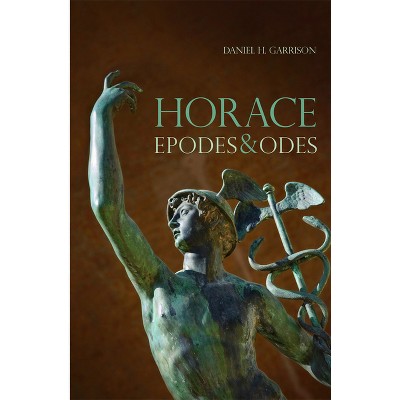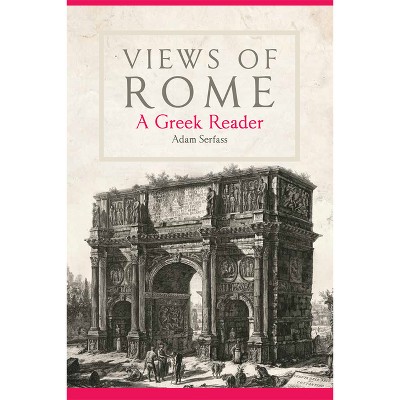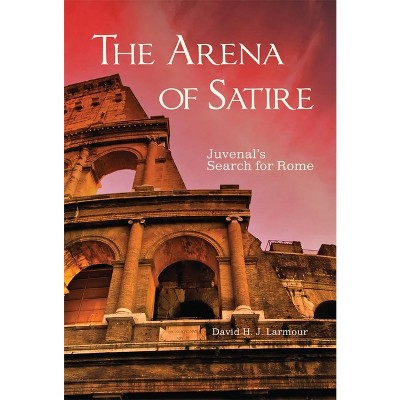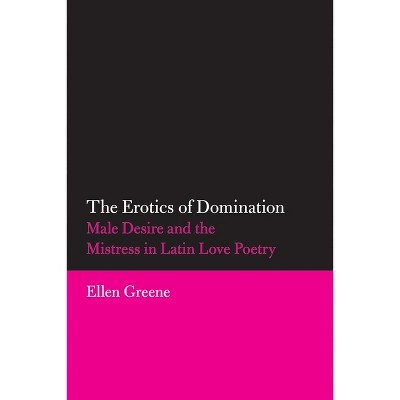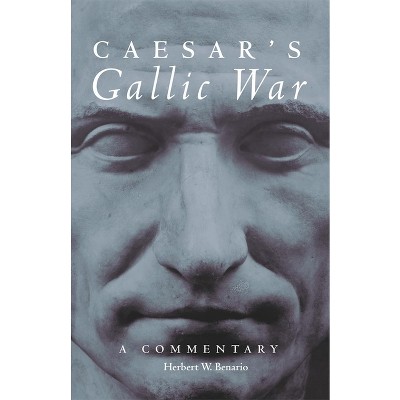Horace - (Oklahoma Classical Culture) by Stephanie McCarter (Paperback)

About this item
Highlights
- One of the most admired poets of Roman antiquity, Horace (65-8 B.C.E.) had a major influence on later poets and writers.
- Author(s): Stephanie McCarter
- 594 Pages
- History, General
- Series Name: Oklahoma Classical Culture
Description
About the Book
Ideally suited for classroom use, in both classical literature and Latin language courses, this bilingual edition of Horace's poetry is enhanced by an in-depth introduction, explanatory notes, reference maps, and a glossary of literary terms.Book Synopsis
One of the most admired poets of Roman antiquity, Horace (65-8 B.C.E.) had a major influence on later poets and writers. Even for those unfamiliar with his writings, the poet's admonitions to "seize the day" or follow the "golden mean" remain an eternal part of our common language. This new edition of Horace's best-known poetry presents the original Latin texts of his well-known Epodes, Odes, and Carmen Saeculare side by side with remarkably faithful English translations.
Through rigorous scholarship and keen attention to poetic form and detail, Stephanie McCarter preserves in these pages Horace's stanzaic structures and line numbers, marrying Horace's verse to iambic meter, which has a natural and appealing flow in English. Her careful, line-by-line translation makes these works newly accessible to students and other readers, who will find fresh meaning in Horace's timeless observations about politics, ethics, and aesthetics.
Ideally suited for use in both classical literature and Latin language courses, this bilingual edition of Horace's poetry is enhanced by an in-depth introduction, explanatory notes, reference maps, and a glossary of literary terms.
Review Quotes
"This handsome and well-edited book shows on every page a deep love of the poetry, sharp-eyed devotion to detail and a strong urge to communicate this with her readers. [This] would make the perfect vade mecum for any student or general reader who wants to deepen their knowledge of this captivating and elusive poet."--Bryn Mawr Classical Review






